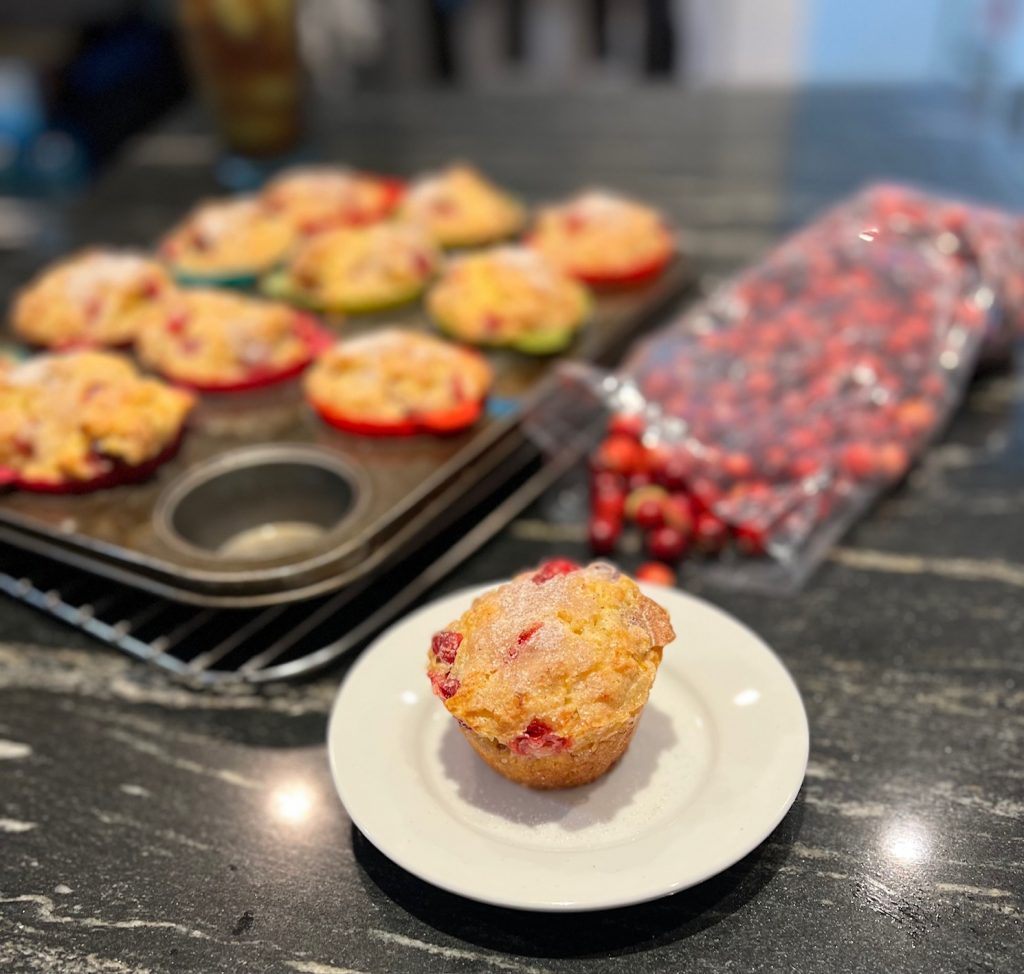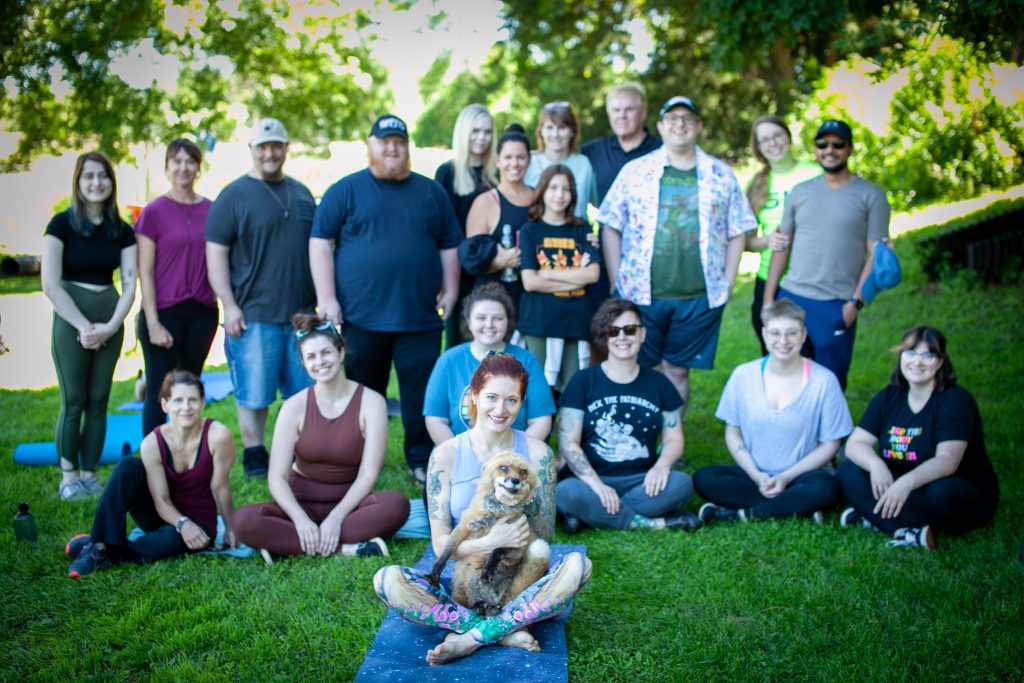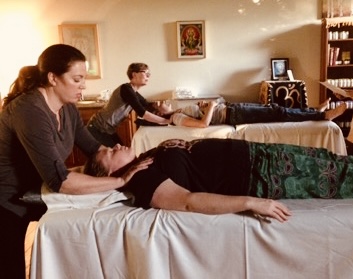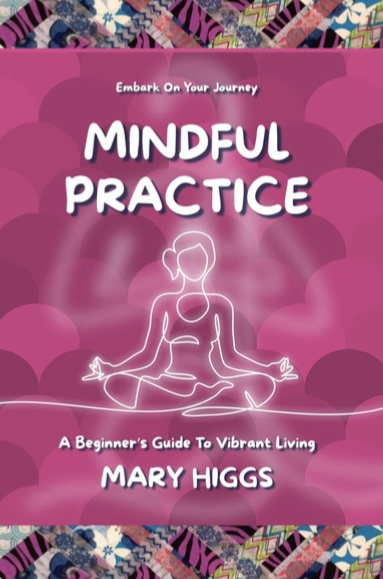I never expected the dynamic between my mom and me to shift as significantly as it did in her later years. As her only daughter, I always enjoyed a close relationship with my mom. An affectionate parent, she imparted wisdom and guidance throughout my childhood and into adulthood. Even as I entered my 30s and 40s, my mom remained someone I could turn to for motherly advice and unconditional love.
However, when my mom entered her 80s, our relationship transformed in ways I couldn’t predict. At 85, she was diagnosed with dementia, though looking back, the early signs emerged some years prior. As her memory and cognitive abilities declined, the roles we occupied for so long reversed. I was no longer just the daughter—increasingly, I needed to parent and care for my mom as her health deteriorated. This transition didn’t happen smoothly or easily. Only after some tough years did we find a new harmony in our relationship. This is the story of how dementia changed the bonds between a mother and daughter, and how, with understanding and compassion, we found our harmony.
Early Signs
The first signs of my mom’s dementia were subtle. At first, it was just little things like repeating herself frequently or misplacing items around the house. She would ask me the same question multiple times, even if I just answered it. I would get annoyed and remind her I already told her the answer.
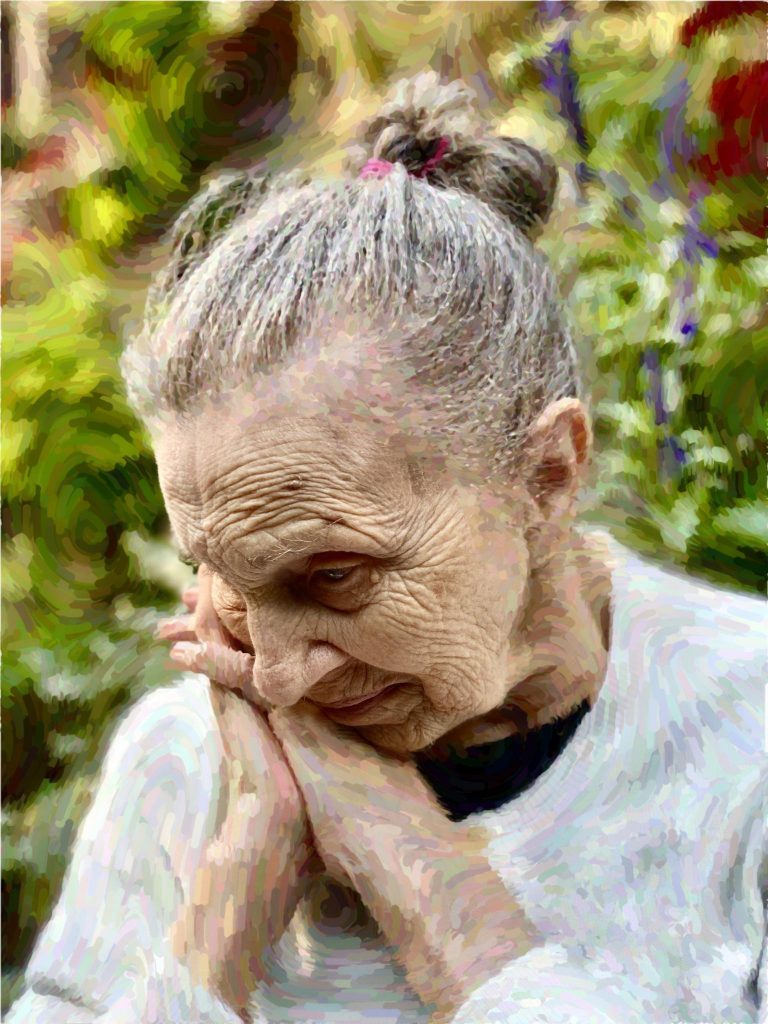
My mom also started having more trouble locating her belongings. I’d find her checkbook buried in the couch cushions or her wallet tucked away in a kitchen cabinet. She knew she put the item somewhere, but the location was a total mystery to her after a short period.
Looking back, those defining moments were the first actual signs of dementia that would continue to progress in the coming years.
Meeting Her Where She Is
When my mom broke her hip, the staff at the hospital presented her with a realistic baby doll to take care of, and she embraced her role as a mother to this baby. She truly believes the doll is a real infant in need of her care and attention.
“Meeting someone where they are” means understanding their perspective and adapting to it, instead of imposing your own. If my mom believes this doll is her baby, then so do I. When I visit, I ask how the baby is doing and suggest giving it a feeding or changing its diaper. The staff at her care facility reinforces the role-playing as well. This doll brings my mom immense comfort and purpose.
Seeing her tenderly care for the baby reminds me what a loving, devoted mother she is to me and my siblings. It touches my heart that even in her late stage of dementia, nurturing children is still my mom’s superpower. Playing along with her perceived reality enabled us to reconnect and find harmony.
Finding Harmony
As my mom’s dementia progressed, our relationship dynamic shifted, and I needed to adjust my perspective. Letting go of being the parent figure allowed me to relate to my mom in new ways. Instead of correcting her claims about having little children at home, I went along with it and brought baby gifts when I visited. Seeing how this made her light up with joy brought a sense of harmony back to our relationship.
Dementia forced me to rethink how I approached my role as her daughter. I reconnected with my mother by meeting her where she was. Adjusting to support her current reality, instead of imposing mine, enabled us to rediscover the warmth and closeness we once shared.
Conclusion
Looking back, I’ve learned a lot from my experience of caring for my aging mother as her dementia progressed. With more knowledge and foresight, I could have saved us both from distress by finding positive ways to redirect and reassure her.
My mother taught me that people living with dementia are still themselves at their core. They have good days and bad days, strengths that shine through, and a deep need to feel respected and included. Meeting her mentally, providing security and stimulation, and showing compassion transformed our relationship.
In the end, I let go of being my mother’s daughter and chose instead to be her friend and caregiver. This role reversal led to greater understanding and connection. My hope is that by sharing our story, others will gain insight into walking this difficult but rewarding path. The key to our harmony is patience, empathy, and unconditional love.
When Ann Aubitz was young, the greatest joy for her was reading books—She credits her love of reading to her mom. Ann found the perfect job—publishing books, where she gets to read daily for her job. The co-owner of two publishing companies, FuzionPress and Kirk House Publishers in Burnsville, Minnesota, Ann fills her workdays with the joy of reading. From selecting manuscripts and consulting with authors to editing drafts, designing books, and proofreading final layouts, Ann is immersed in the written word. Her passion for stories is now tightly intertwined with her career.









